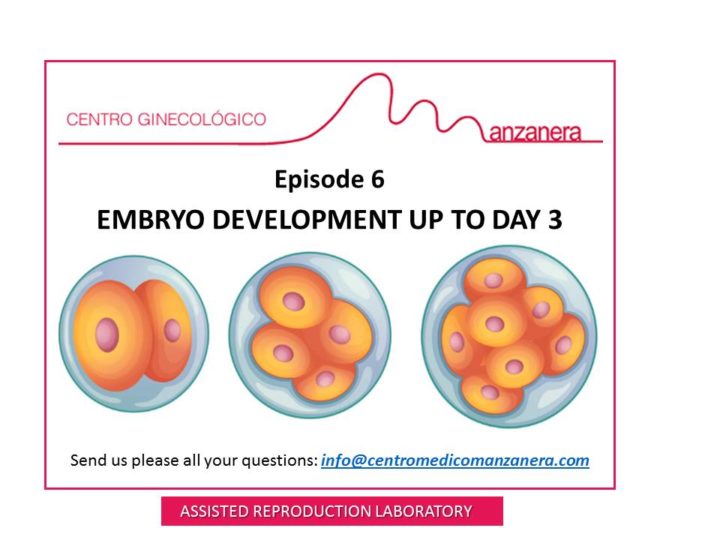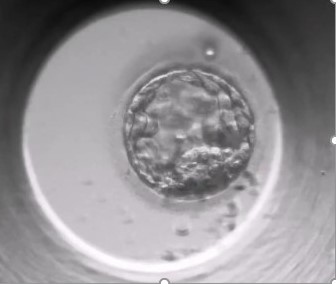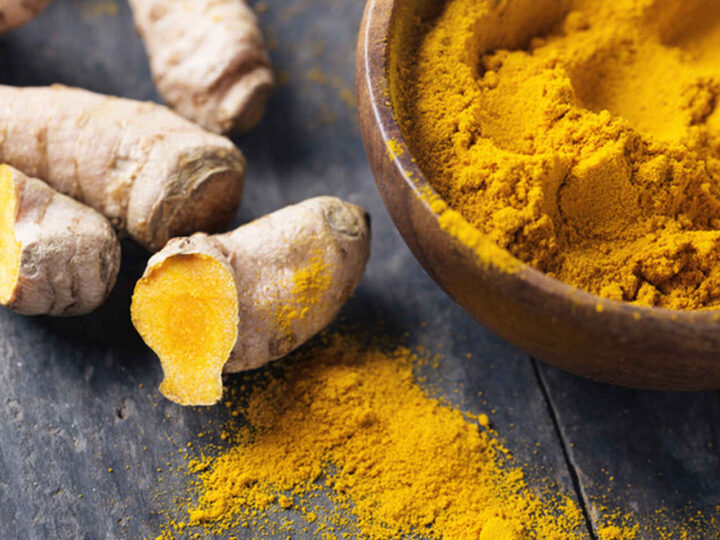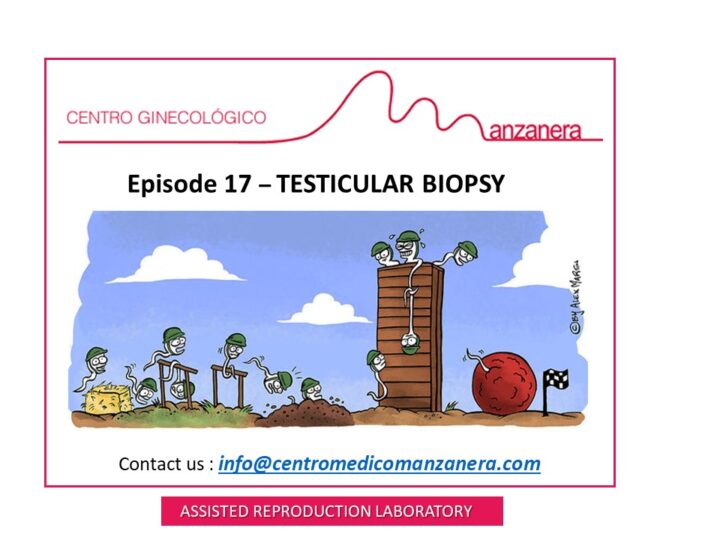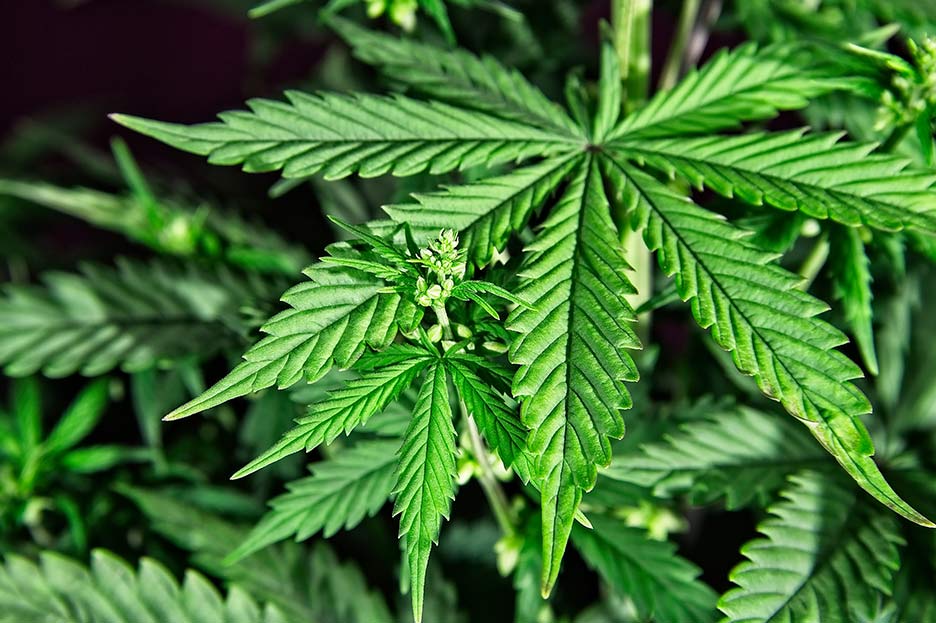
Cannabis is a substance extracted from the hemp plant (Cannabis Sativa o Cannabis Indica), which affects the central neural system. From the chemical point of view, the active ingredient is 9-tetrahydrocannabinol (THC). It appears in three forms for consumption:
• Marihuana – prepared from the flowers of Cannabis Sativa
• Hashish – elaborated by pressing the resin out of the plant
• Hashish oil – produced by mixing the resin with some solvents like acetone, alcohol or gasoline
The active ingredient THC appears in different proportions based on the preparation used. Marihuana has approximately 10%, hashish 20% and hashish oil 80% of THC.
Researchers believe this drug is the most widely used drug among men and women of reproductive age. A questionnaire carried out from 1995 until 2007 about alcohol and drugs in Spain in the population between 15-34 years old found that 14% of the surveyed had consumed THC in the previous 12 months, while 3% consumed it daily.
The effect of this drug varies naturally based on the dose. Initially, low doses produce pleasant sensations of well-being, disinhibition, and changes in temporal and sensory perceptions. Some people experience coordination difficulties, especially with complex mental actions. Then a somnolence and depression phase follows. Higher doses may provoke lethargy, confusion and sometimes anxiety and panic.
The effect of the active ingredient or THC in animal experiments can result in diminished stimulating hormones of the ovaries, i. e. prolactin, progesterone, oestrogens and testosterone. Researchers found that the levels of these hormones reverse after six months after stopping consuming this substance.
These same findings were observed in women who consume marihuana. The women had more cycles without ovulation when consuming it more often than thrice a week.
Alterations originate at the reproductive level in men, resulting in a lower volume of sperm and the number and mobility of spermatozoids.
Regarding assisted reproduction treatments (IVF) in women, who consumed a lot of marihuana, the number of extracted oocytes was 25% lower, and the embryos resulting from them were fewer.
Experimental studies showed a relation between the use of marihuana and a higher number of miscarriages, even though the clinical studies of women consumers could not show an increase in abortions.
The results are contradictory about the THC effect on pregnancy. However, we must emphasize that it is difficult to compare groups of similar consumers to come to valid conclusions.
IMAGE: https://www.farmaceuticonline.com/es/cannabis/
#assistedreproduction
#fertilitytreatment
#eggdonation
#IVF
#ICSI
#ivficsi
#artificialinsemination
#clinicamanzanera
#gynecology

